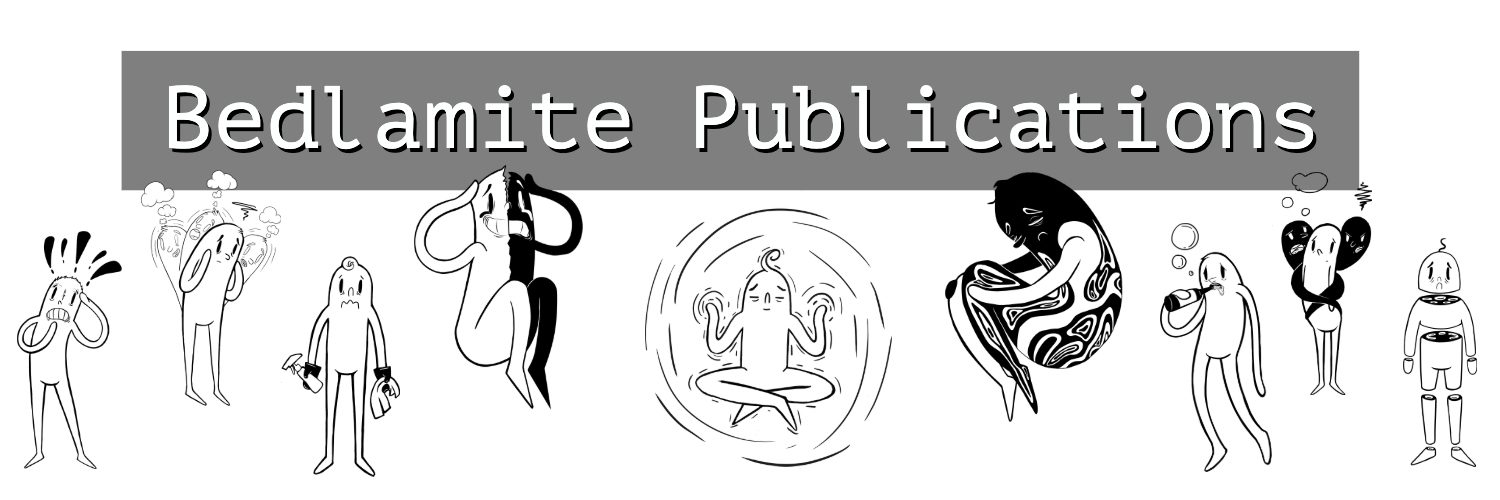Schizophrenia is a mental health condition that causes delusions, hallucinations, and other cognitive difficulties. When left untreated, it can negatively affect a person’s ability to function at school, work, or other social settings.
Nearly 1% of American adults struggle with schizophrenia and it struck up discussions of what causes the illness. While mental health professionals still aren’t entirely sure, we do know genetics plays a role. ¹
What Causes Schizophrenia?
While the causes of schizophrenia remain up for debate, medical professionals have identified a few common risk factors: ²
- Brain Chemistry – Research has discovered that those who struggle with schizophrenia have brain imbalances. More specifically, neurotransmitters – the cellular communication network responsible for various chemicals, such as dopamine – have shown significant imbalance. While scientists still aren’t sure why this imbalance occurs, it’s believed to have something to do with brain development at birth. ³
- Environment – While we aren’t sure what exact environments cause schizophrenia, we are aware that certain psychosocial environments play a major role. For example, it’s been found that those who are born and raised in urban areas are much more likely to develop schizophrenia than those born and raised in suburban or rural areas. Not to mention, environmental problems at birth, such as malnutrition, can also lead to the disorder. ⁴
- Genetics – It’s been found that a person is more likely to develop schizophrenia if someone within their family also struggles with the condition.
It’s important to remember that anyone can develop schizophrenia and the research concerning the causes is limited. In fact, research is so limited that psychologists have developed several schizophrenia hypotheses to discover its roots.
Schizophrenia Genetics – What Do We Know?
Schizophrenia and genetics are complicated. So much so that scientists are still trying to wrap their heads around how it all works. It was initially believed that a few common major genes played a role in the effects of schizophrenia. However, tests surrounding these genes always seemed to fall short. ⁵
Like other psychotic disorders, schizophrenia is known as a complex disorder. These conditions cause several mutation frequency spectrums within the brain – both common and rare.
Previously it was believed that changes in DNA sequence could hold sole responsibility for individuals developing schizophrenia. However, through twin studies, we know that there is much more to it. Some scientists believe it may have something to do with an epigenetic mechanism along with other factors (i.e. environment).
Evidence of Genetics in Schizophrenia
Within the scientific community, there is plenty of evidence that a child of a parent with schizophrenia is at a much higher risk than the rest of the population. ⁶ However, recent studies have found that even when a child is adopted by parents with schizophrenia (no biological relation), they are at just as high a risk of the condition. ⁷
There have been around 800 genes tested for their association with schizophrenia – making the condition one of the most studied mental illnesses. Unfortunately, not a single one of these genes was found to establish the disorder.
With this said, while there is evidence of parent-to-child schizophrenia, it’s not understood exactly what genes play a role in the development of this condition. Not to mention, it seems environmental factors play a much more significant role than scientists initially were led to believe.

Final Word
Schizophrenia is an extremely complex condition and researchers still have a lot to do when it comes to uncovering its underlying causes. While we know genetics plays some role in the development of this disorder, it seems environmental factors may play a larger part than initially imagined. Still, it’s difficult to tell exactly what causes schizophrenia.
References
¹ Schizophrenia. National Institute of Mental Health. Available at: https://www.nimh.nih.gov/health/topics/schizophrenia.
² Janoutová J, Janácková P, Serý O, Zeman T, Ambroz P, Kovalová M, Varechová K, Hosák L, Jirík V, Janout V. Epidemiology and risk factors of schizophrenia. Neuro Endocrinol Lett. 2016;37(1):1-8. PMID: 26994378.
³ Tamminga CA, Medoff DR. The biology of schizophrenia. Dialogues Clin Neurosci. 2000 Dec;2(4):339-48. doi: 10.31887/DCNS.2000.2.4/ctamminga. PMID: 22033552; PMCID: PMC3181617.
⁴ Morgan C, Fisher H. Environment and schizophrenia: environmental factors in schizophrenia: childhood trauma–a critical review. Schizophr Bull. 2007 Jan;33(1):3-10. doi: 10.1093/schbul/sbl053. Epub 2006 Nov 14. PMID: 17105965; PMCID: PMC2632300.
⁵ Gejman PV, Sanders AR, Duan J. The role of genetics in the etiology of schizophrenia. Psychiatr Clin North Am. 2010 Mar;33(1):35-66. doi: 10.1016/j.psc.2009.12.003. PMID: 20159339; PMCID: PMC2826121.
⁶ Rasic D, Hajek T, Alda M, Uher R. Risk of mental illness in offspring of parents with schizophrenia, bipolar disorder, and major depressive disorder: a meta-analysis of family high-risk studies. Schizophr Bull. 2014 Jan;40(1):28-38. doi: 10.1093/schbul/sbt114. Epub 2013 Aug 19. PMID: 23960245; PMCID: PMC3885302.
⁷ Ingraham LJ, Kety SS. Adoption studies of schizophrenia. Am J Med Genet. 2000 Spring;97(1):18-22. doi: 10.1002/(sici)1096-8628(200021)97:1<18::aid-ajmg4>3.0.co;2-l. PMID: 10813801.

